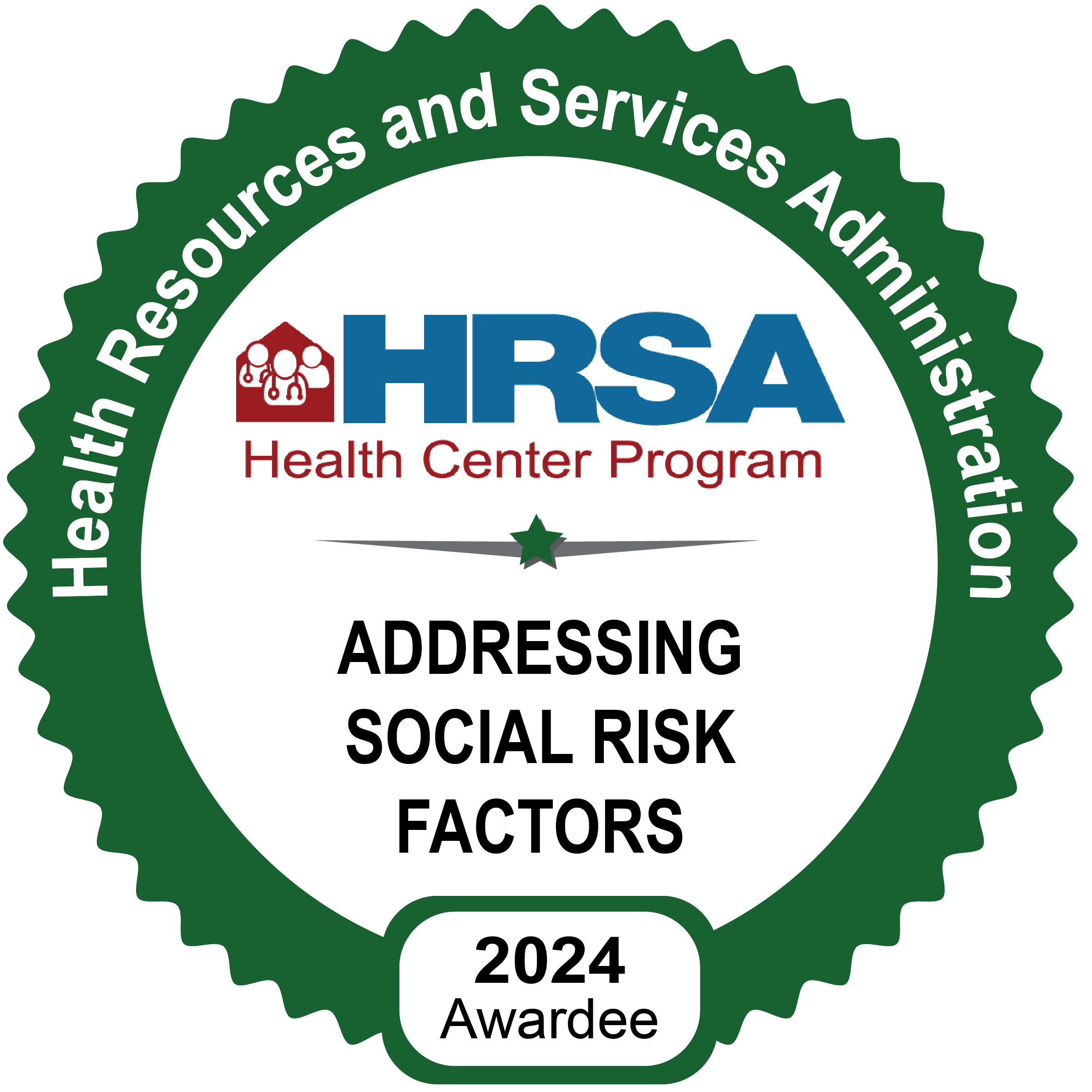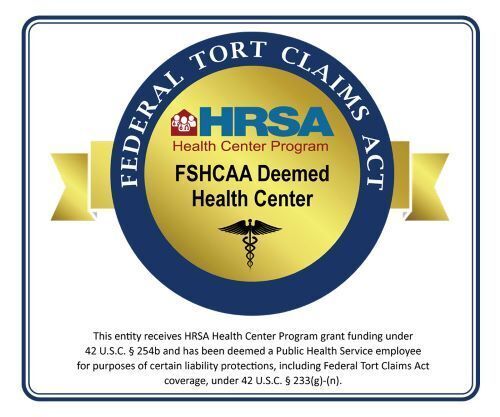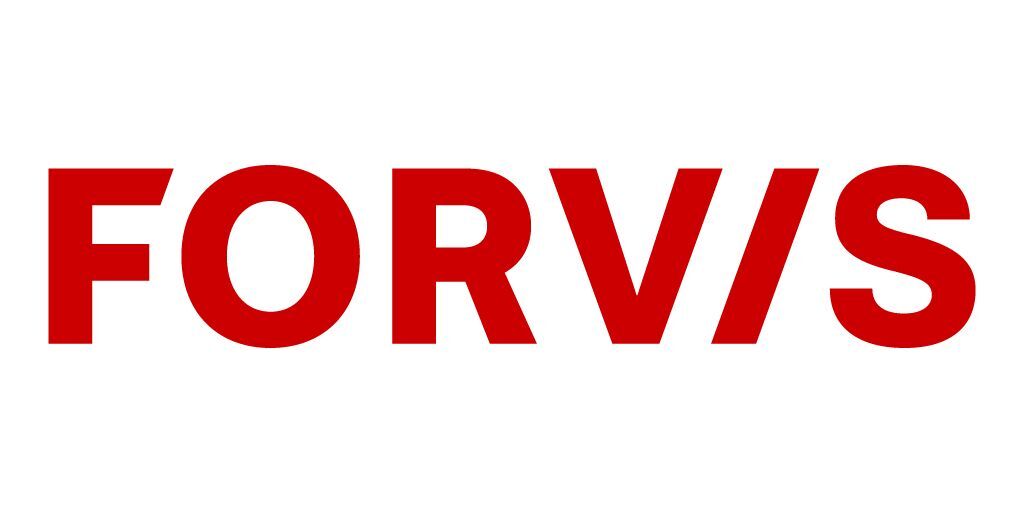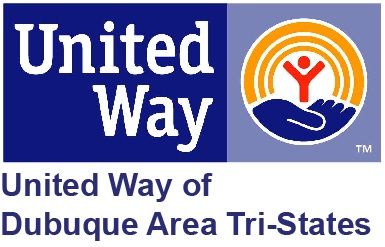On or about December 15, 2023, Crescent Community Health Center became aware of unauthorized access to certain email accounts within its pharmacy department. Crescent Community Health Center has since diligently worked to determine what happened and what information was involved as a result of this incident. Crescent Community Health Center promptly launched an investigation, reported the incident to law enforcement and engaged a national cybersecurity firm to assist in assessing the scope of the incident and took steps to mitigate the potential impact to the community. Following an investigation conducted by third-party forensic specialists, it was determined the incident occurred between December 10, 2023, and December 13, 2023. Upon identification of the potentially impacted data set, data mining was conducted over several months to identify the potentially impacted individuals and what elements of personally identifiable information may have been affected. Upon completion of the data mining, efforts were then initiated to locate sufficient address information for the potentially impacted population.
The elements of personal information that may have been impacted as a result of this incident varies per individual and potentially included: names, addresses, dates of birth, driver's license/Government ID numbers, medical information and health insurance information. Additionally, for a limited number of individuals, the impacted information may have also included their Social Security numbers, financial account information, payment card information, passport information, biometric information, IRS pin numbers, and/or usernames and passwords. As of this writing, Crescent Community Health Center has not received any reports from individuals of misuse, identity theft or fraud related to the incident. As data incidents are increasingly common, Crescent Community Health Center encourages you to always remain vigilant, monitor your accounts, and immediately report any suspicious activity or suspected misuse of your personal information.
Unfortunately, these types of incidents are becoming increasingly common and organizations with the most sophisticated IT infrastructure available continue to be affected. As part of our ongoing commitment to the security of information, we are evaluating opportunities to further secure our systems and updating our policies to prevent a similar event from occurring again in the future.
Crescent Community Health Center mailed notification letters to potentially affected individuals on August 26, 2024. The letters included additional information about what occurred, outlined the personal information that was potentially impacted for each individual, and provided a toll-free number that individuals can call to learn more about the incident. The call center can be reached at (866) 997-0120, and is available Monday through Friday, 8:00 a.m. and 8:00 p.m. Eastern Time.
Steps Individuals Can Take to Protect Personal Information
Monitor Accounts
Under U.S. law, a consumer is entitled to one free credit report annually from each of the three major credit reporting bureaus, Equifax, Experian, and TransUnion. To order your free credit report, visit www.annualcreditreport.com or call, toll-free, 1-877-322-8228. You may also directly contact the three major credit reporting bureaus listed below to request a free copy of your credit report.
Fraud Alerts
Consumers have the right to place an initial or extended “fraud alert” on a credit file at no cost. An initial fraud alert is a one-year alert that is placed on a consumer’s credit file. Upon seeing a fraud alert display on a consumer’s credit file, a business is required to take steps to verify the consumer’s identity before extending new credit. If you are a victim of identity theft, you are entitled to an extended fraud alert, which is a fraud alert lasting seven years. Should you wish to place a fraud alert, please contact any one of the three major credit reporting bureaus listed below.
Security Freeze
Consumers have the right to place a “credit freeze” on a credit report, which will prohibit a credit bureau from releasing information in the credit report without the consumer’s express authorization. The credit freeze is designed to prevent credit, loans, and services from being approved in your name without your consent. However, you should be aware that using a credit freeze to take control over who gets access to the personal and financial information in your credit report may delay, interfere with, or prohibit the timely approval of any subsequent request or application you make regarding a new loan, credit, mortgage, or any other account involving the extension of credit. Pursuant to federal law, you cannot be charged to place or lift a credit freeze on your credit report.
- Full name (including middle initial as well as Jr., Sr., II, III, etc.);
- Social Security number;
- Date of birth;
- Addresses for the prior two to five years;
- Proof of current address, such as a current utility bill or telephone bill;
- A legible photocopy of a government-issued identification card (state driver’s license or ID card, etc.); and
- A copy of either the police report, investigative report, or complaint to a law enforcement agency concerning identity theft if you are a victim of identity theft.
Should you wish to place a fraud alert or credit freeze, please contact the three major credit reporting bureaus listed below:
Equifax
https://www.equifax.com/personal/credit-report-services/
888-298-0045
Equifax Fraud Alert
P.O. Box 105069
Atlanta, GA 30348-5069
Equifax Credit Freeze
P.O. Box 105788
Atlanta, GA 30348-5788
Experian
https://www.experian.com/help/
1-888-397-3742
Experian Fraud Alert
P.O. Box 9554
Allen, TX 75013
Experian Credit Freeze
P.O. Box 9554
Allen, TX 75013
TransUnion
https://www.transunion.com/credit-help
833-395-6938
TransUnion Fraud Alert
P.O. Box 2000
Chester, PA 19016
TransUnion Credit Freeze
P.O. Box 160
Woodlyn, PA 19094
Free Credit Reports
Further, you may obtain a copy of your credit report, free of charge, whether or not you suspect any unauthorized activity on your account. You may obtain a free copy of your credit report from each of the three nationwide credit reporting agencies. To order your free credit report, please visit www.annualcreditreport.com, or call toll-free at 1-877-322-8228. You can also order your annual free credit report by mailing a completed Annual Credit Report Request Form (available at https://www.consumer.ftc.gov/articles/0155-free-credit-reports) to: Annual Credit Report Request Service, P.O. Box 105281, Atlanta, GA, 30348-5281.
Implementing an Identity Protection PIN (IP PIN) with the IRS
An Identity Protection PIN (IP PIN) is a six-digit number that prevents someone else from filing a tax return using your Social Security number or Individual Taxpayer Identification Number. The IP PIN is known only to you and the IRS. It helps the IRS verify your identity when you file your electronic or paper tax return. Even though you may not have a filing requirement, an IP PIN still protects your account.
If you don't already have an IP PIN, you may get an IP PIN as a proactive step to protect yourself from tax-related identity theft. If you want to request an IP PIN, please note: you must pass an identity verification process; and Spouses and dependents are eligible for an IP PIN if they can pass the identity verification process. The fastest way to receive an IP PIN is by using the online Get an IP PIN tool found here: https://www.irs.gov/identity-theft-fraud-scams/get-an-identity-protection-pin. If you wish to get an IP PIN and you don’t already have an account on IRS.gov, you must register to validate your identity.
Some items to consider when obtaining an IP PIN with the IRS:
- An IP PIN is valid for one calendar year.
- A new IP PIN is generated each year for your account.
- Logging back into the Get an IP PIN tool, will display your current IP PIN.
- An IP PIN must be used when filing any federal tax returns during the year including prior year returns.
- FAQs about the Identity Protection Personal Identification Number (IP PIN)
Individuals may further educate yourself regarding identity theft, fraud alerts, credit freezes, and the steps you can take to protect your personal information by contacting the consumer reporting bureaus, the Federal Trade Commission, or your state Attorney General. The Federal Trade Commission may be reached at: 600 Pennsylvania Avenue NW, Washington, DC 20580; www.identitytheft.gov; 1-877-ID-THEFT (1-877-438-4338); and TTY: 1-866-653-4261. The Federal Trade Commission also encourages those who discover that their information has been misused to file a complaint with them. You can obtain further information on how to file such a complaint by way of the contact information listed above. You have the right to file a police report if you ever experience identity theft or fraud. Please note that in order to file a report with law enforcement for identity theft, you will likely need to provide some proof that you have been a victim. Instances of known or suspected identity theft should also be reported to law enforcement and your state Attorney General. This notice has not been delayed by law enforcement.



